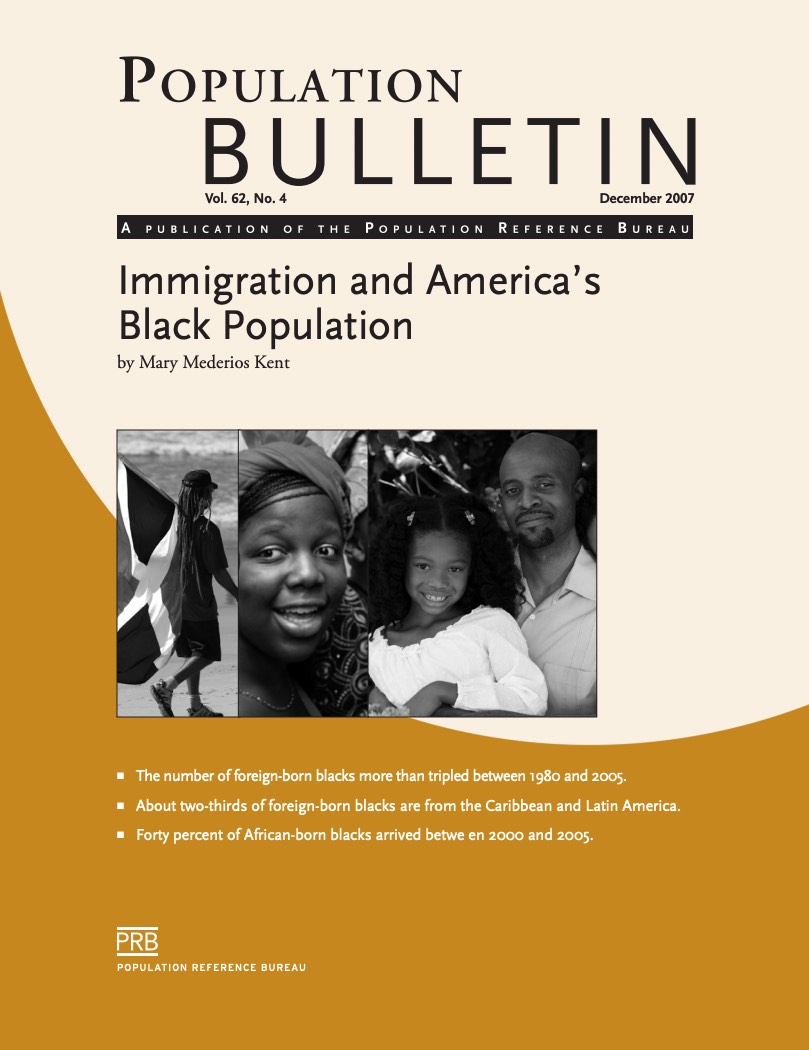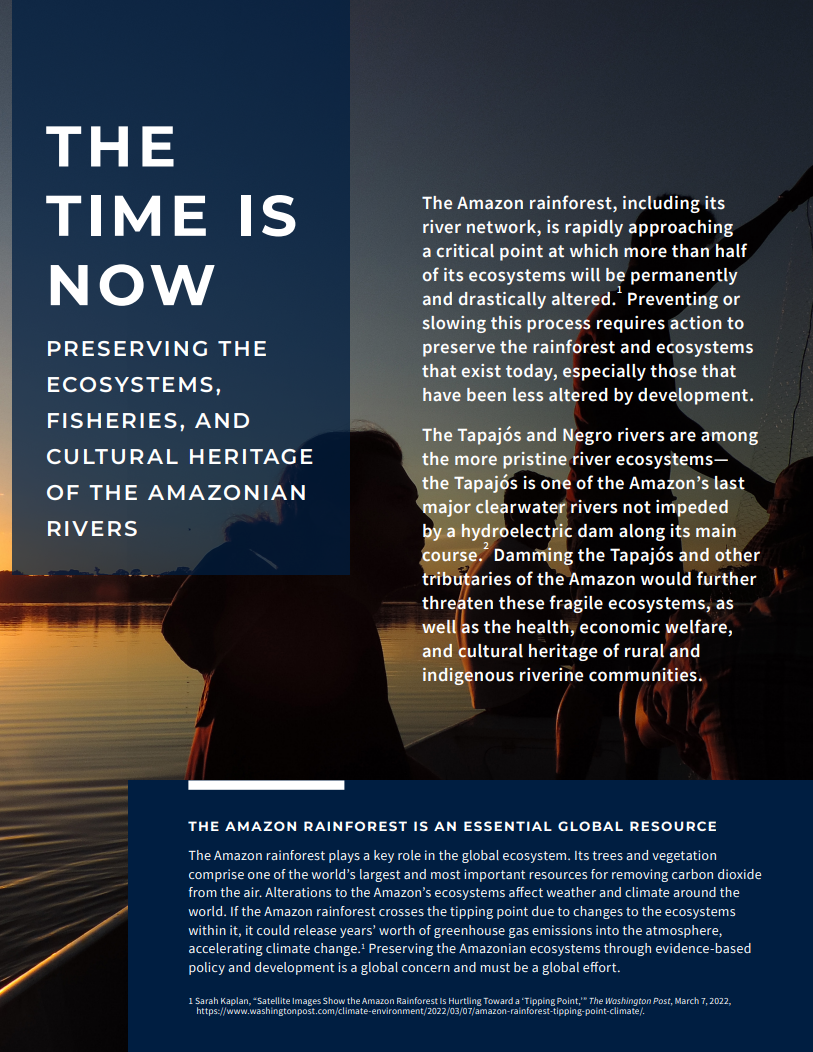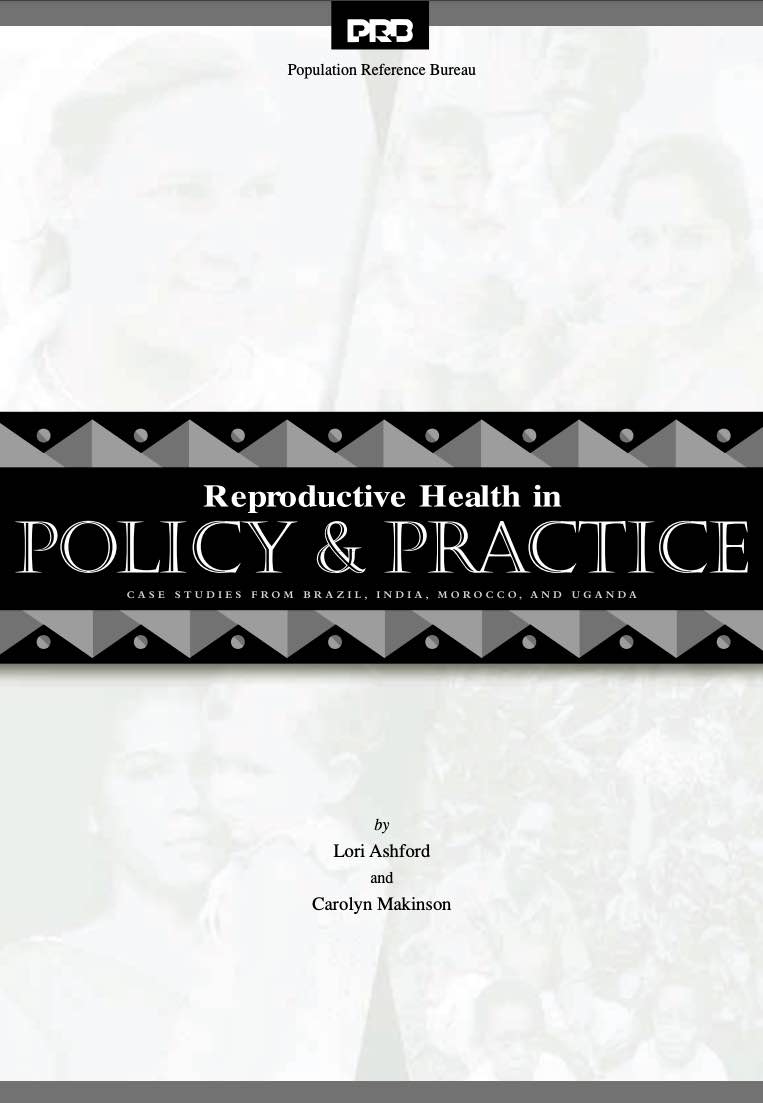HoPE LVB Showcases Success
Health of People and the Environment in the Lake Victoria Basin (HoPE LVB), a project implemented by Pathfinder International with local partners, is a model for integrated population, health, and the environment (PHE) development in the region. PRB supports HoPE LVB and provides technical assistance to its policy communication activities.




